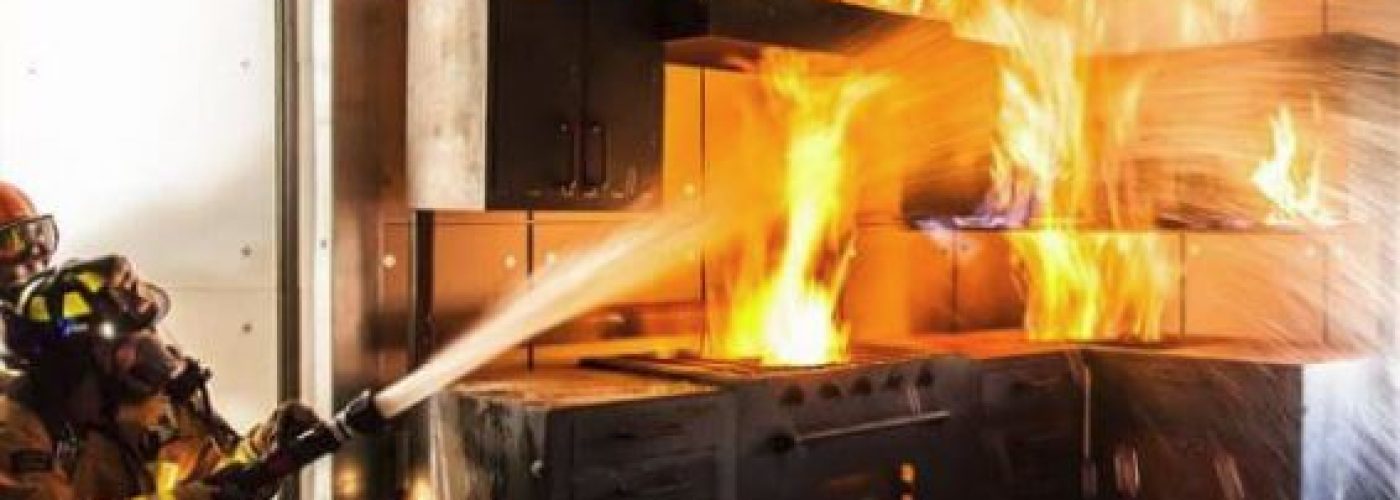There has been a lot of talk in the timber industry about the potential knock-on effects of the Hackitt Review into the Grenfell fire.
Now the report is out, we are left in no doubt that regulations will be tightened and enforcement of building standards will move to a higher level.
Use of combustible cladding in high-rise construction was not banned in the review recommendations, although the government will consult on such a move. In light of the pressure for a ban from multiple groups, including RIBA, building firms and Grenfell survivors, it would not be surprising to see a ban still go ahead.
But it is poor building practice and installation work and inadequate enforcement of Building Regulations that are at the heart of the matter.
Timber cladding was not involved in the Grenfell fire, and though it has been used on some notable high-rise projects, its use is more commonly low to medium-rise. But as has been warned by Timber Trade Federation president Charles Hopping in his industry talks up and down the country these past months, timber cladding and other wood products are inevitably being pulled into the debate because of the focus on combustibility.
The building industry is clearly going to have to up its game to deliver products that are fit for purpose and we can expect a higher level of scrutiny of how products and systems perform and are installed even if they are not high-rise applications.
So, close working across the supply chain between timber product suppliers and their customers, enhanced testing and a clear united message from the timber industry will be required in dealing with the fallout from this review.
Suppliers will need to be prepared to further their efforts to understand the applications for their products and improve the flow of information and technical advice further down the supply chain to safeguard the continued specification of their products. Because one thing is abundantly clear from Grenfell: you can’t rely on people down the chain to always do the right thing.
British Woodworking Federation CEO Iain McIlwee welcomed the review recommendations and said a deeprooted problem existed in the building industry regarding fire safety.
He cited the Ministry of Housing, Communities and Local Government’s new guidance that encouraged an emphatic endorsement of UKAS-accredited third-party certification of product and competence of installation, with inspection picked up as fundamental to fire safety reform.
The recommendation of tougher penalties in the Hackitt Review underlines the fact the landscape has been forever changed by Grenfell and it will impact all areas of the construction sector.





